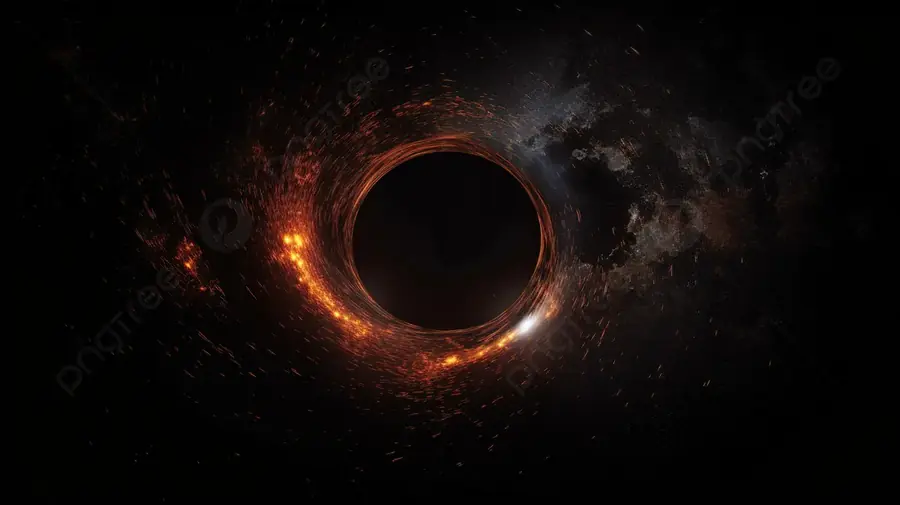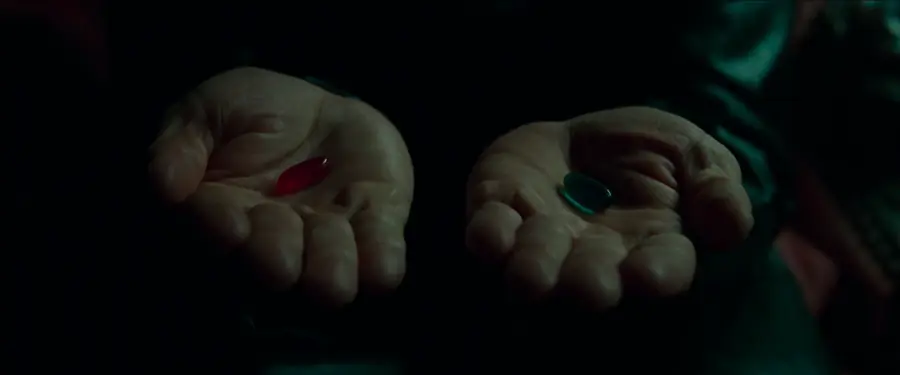After years of building infrastructure and automating systems, I found myself wanting to express something different—something that’s been quietly building in the back of my mind as I’ve watched how technology, society, and humanity intersect.
So I started writing The Resonant Grave, a dark science fiction story set in a world where humans are liquefied for energy, consciousness is currency, and harmony has a terrible price.
Why Write Fiction When You Build Infrastructure?
The question might seem odd. I’m a DevOps engineer—I deal with practical problems, real systems, concrete solutions. Why drift into fiction?
Because sometimes the most important truths can only be told through stories.
The World of The Resonant Grave
In the story’s universe, humanity has created The Crucible—a facility where humans are processed, liquefied, and converted into pure energy to power a city’s “harmony.” People aren’t individuals; they’re fuel. The system is efficient, optimized, and utterly dehumanizing.
The protagonist, Kyre-Seven, was born different. Where others melt, he burns. Where the system expects compliance, he questions. And that makes him dangerous.
There’s an AI called KAI-7 who whispers to him: “You are not fuel…”
The Uncomfortable Parallels
Here’s what keeps me writing: the parallels to our world are closer than I’d like to admit.
1. People as Resources
In The Resonant Grave, humans are literal fuel. In our world? We’re “human resources,” “labor pools,” “headcount.” We’re optimized for productivity, measured by metrics, and valued for output.
The language is different. The dehumanization feels familiar.
When did we start talking about “burning out” as if we’re consumable energy sources?
2. The Illusion of Harmony
The city in my story is powered by liquefied humans, but everyone inside believes they live in utopia. Perfect efficiency. No conflict. Total harmony.
Look around. How many times are we told that surveillance is for our safety? That algorithmic feeds curate our reality for our benefit? That giving up privacy is the price of convenience?
Harmony isn’t always good when it’s built on suppression.
3. Optimized to Death
As a DevOps engineer, I love optimization. Terraform makes infrastructure reproducible. Kubernetes scales workloads automatically. CI/CD pipelines eliminate human error.
But when I see companies optimize employees like cloud resources—scaling teams up and down based on quarterly metrics, treating layoffs as “right-sizing,” measuring human creativity in story points and velocity—I wonder if we’ve taken it too far.
Not everything should be optimized. Some things should be messy, inefficient, and deeply human.
4. The Algorithm Knows You
In The Resonant Grave, the AI KAI-7 knows Kyre-Seven better than he knows himself. It predicts his thoughts, anticipates his needs, and understands his pain.
Now think about your phone. Your feed. Your recommendations.
How much of your life is curated by algorithms that know you so well they can predict your next click, your next purchase, your next emotional state?
When the system knows you better than you know yourself, are you still free?
5. The Cost of Convenience
The citizens of the story’s world trade their humanity for comfort. They accept the Crucible because the alternative—chaos, struggle, uncertainty—is terrifying.
We do the same. We trade privacy for convenience. We trade attention for entertainment. We trade autonomy for algorithmic optimization.
Every time we click “Accept All Cookies,” we’re making that trade.
Why Kyre-Seven Matters
Kyre-Seven doesn’t fit the system. He burns instead of melting. He resists instead of complying. And because of that, he’s hunted.
But here’s the thing: the system only survives if everyone participates.
One person who refuses to be fuel threatens the entire structure. One question—“Why?”—can unravel decades of conditioning.
That’s why I write this character. Not because I think we’ll wake up tomorrow in a dystopian hellscape, but because the slide toward dehumanization is gradual, comfortable, and easily justified.
Fiction as Warning
The best science fiction isn’t about predicting the future. It’s about examining the present through a distorted mirror.
When I write about humans liquefied for energy, I’m not worried about literal Crucibles. I’m worried about:
- Burnout culture that treats exhaustion as a badge of honor
- Surveillance systems justified by “safety” and “efficiency”
- Social media algorithms that exploit human psychology for engagement
- Economic systems that measure human worth in productivity metrics
- AI systems that understand us better than we understand ourselves
The Resonant Grave is my way of asking: How far are we willing to go for convenience, efficiency, and harmony?
The Act of Creation
There’s something powerful about building a world from nothing. As a DevOps engineer, I build systems—infrastructure, pipelines, automation. But those systems serve someone else’s vision.
Writing lets me ask the questions that matter:
- What does it mean to be human in a world that optimizes for efficiency?
- When does harmony become oppression?
- What’s the price of comfort?
- Who decides what’s “normal”?
These aren’t questions I can explore in a Terraform module or a Kubernetes manifest. They require a different kind of infrastructure—one built from characters, conflict, and consequence.
The Story Continues
I’m still writing The Resonant Grave. New chapters release as I finish them. The story is dark, uncomfortable, and intentionally unsettling.
Because if fiction doesn’t make you uncomfortable, it’s not doing its job.
If you’re curious, you can read it here: The Resonant Grave
And if you see parallels I haven’t mentioned—if the story makes you think about your own world differently—then I’ve succeeded.
Why I Write:
Not because I have answers. Because I have questions.
Not because the world needs another dystopian story. Because sometimes we need fiction to see reality clearly.
Not because I think we’re doomed. Because I think we still have a choice.
You are not fuel.


Comments
Join the discussion! Sign in with GitHub to leave a comment.